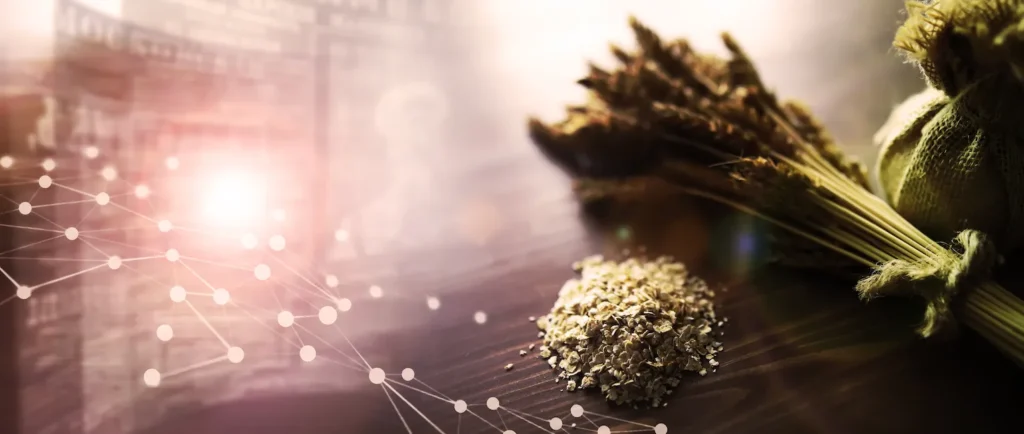As we celebrate World Food Day, we face a puzzling paradox. On the one hand, we witness the rise of increasingly long-lived, high-performing, and intelligent “superhumans.” On the other, we need only open the newspapers to realize that displays of gratuitous and inhumane violence surround us on an increasingly sick and hungry planet that is raising constant cries of alarm. What good is this race toward human perfection if the world collapses?
The decade of acceleration: Progress and myopia
In 2012, when our concern about the future of food systems began, it was already an achievement to talk about sustainability. The system was already happy to be able to produce a little less impactfully and “do a little less harm to the planet.” With a decade of acceleration behind us and a planet that does not know the wounds caused by a sick model, I hope everyone has realized that it is no longer enough: it is time to act in regeneration. We cannot just reduce the damage; we must begin to heal the Earth, not as a courtesy gesture, but as a moral imperative. We must leave the world better than we found it.
I have learned this from farmers, fishermen, centenarians, and those who try to implement innovative policies capable of valuing resources in harmony with human life and not just preserving them by putting them under a glass bell. The last few years in Pollica, at the Paideia Campus, have been a laboratory of experimentation, where integral ecology has begun to make practical sense, transforming itself into research projects and the creation of a model in which the health of the planet and human well-being are not in opposition, but mutually reinforcing. There are many small, concrete projects and innovative ideas, but above all, a space for shared reflection where the health of the entire ecosystem takes center stage.
The food sector has made great strides in the last decade.
Awareness has grown, but too often, the short-sighted system has focused exclusively on the merciless use of technology. We have moved from the era of sustainability-where we thought it was enough to be “a little better” and do “a little less harm to the planet”-to the realization that we need to enter the era of REGENERATION.
From sustainability to regeneration: A paradigm shift
It is no longer enough to limit damage. We must actively heal this world-including Earth and soul-while trying to leave it a little better than we found it. With its integral ecological development approach, the Paideia Campus is a concrete example of this new vision.
The absence of politics: A severe lack
In Rome, the world of innovation was there; there were farmers, youth, Indigenous communities, chefs (never enough), businesses and startups, science, universities, journalists, and activists; it seemed to me that everyone was there, but in my opinion, missing were those who most of all should be exposed to and stimulated by these dynamics because through their decisions they can act with profound impacts on the well-being of the community: those who decide in Brussels how to distribute funds, which can transform agriculture, drive the genuine green turn and affect human health; governments, but above all, mayors, who are called upon daily to create solutions for the development of territories, were not invited. This absence is symptomatic of a dangerous gap between those who think about innovation and those who must put it into practice.
The crucial role of critical thinking and communication
Kudos to EIT Food, which stresses the importance of stimulating critical thinking among citizens with its “food & sustainability” journalism award. This initiative is crucial for promoting informed reasoning, moving beyond purely ideological battles that often lack scientific foundation. In an era of rampant misinformation, fostering quality journalism in the agribusiness sector is essential to building a more knowledgeable and resilient society capable of addressing complex food systems challenges.
Read the article on Medium.

